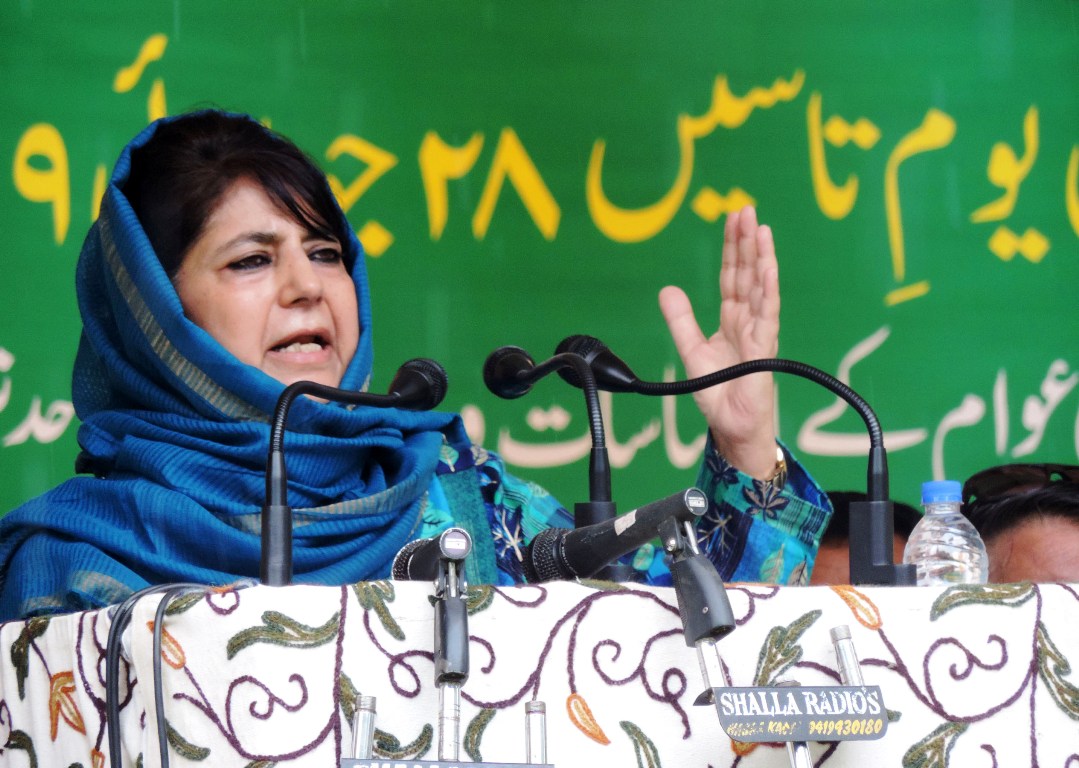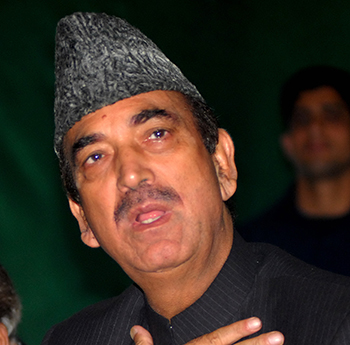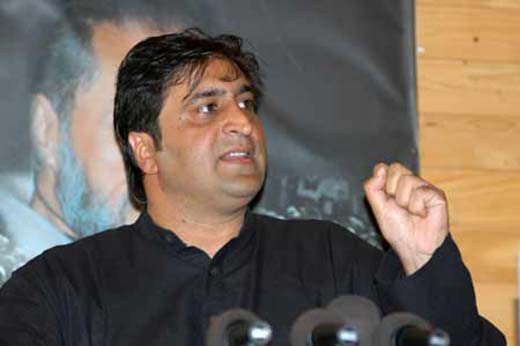The U.S. strategic think-tank, Rand Corp, estimated a nuclear exchange between India and Pakistan would initially kill two million, wound 100 million, and send clouds of radioactive dust around the globe.
That was a decade ago. Since then, India and Pakistan have quadrupled their nuclear forces, which are now on a hair-trigger alert.
Fears an enraged India would attack Pakistan in revenge for the Mumbai massacre provoked great alarm here in Washington. So, too, the threat Islamabad would withdraw two Pakistani army corps supporting the U.S. war in Afghanistan and redeploy them to face India.
The U.S. quickly forced Pakistan to arrest the leader of the group Lashkar-e-Taiba that India blames for the attack. Lashkar was founded at the end of the anti-Soviet Afghan War to channel jihadist energies into a new struggle, liberation of the two-thirds of divided Kashmir ruled by India.
Kashmir is India’s only Muslim majority state. Muslim Kashmiris have demanded independence from India and union with Pakistan since 1947. In 1989, an anti-Indian uprising erupted. Up to 20 Kashmiri groups, some secretly aided by Pakistani intelligence, battled 500,000 Indian troops and police in a brutal, dirty war marked by atrocities on both sides. In the process, between 40,000 and 80,000 Kashmiris died.
I visited many of the Kashmiri guerrilla camps in the Pakistani-controlled third of Kashmir, clustered around Muzzafarabad, and accompanied them on their operations against Indian forces, as I recount in my book, War at the Top of the World.
Two groups, Lashkar and Jaish-e-Muhammad, ran the biggest camps. Both were armed and financed until 2002 by ISI, Pakistan’s intelligence service.
India and the U.S. quickly accused Lashkar and other Kashmiri guerrilla groups of the Mumbai outrage. Washington also hinted its old ally, and my old friend, former ISI chief Hamid Gul, was involved. India insists Pakistan is guilty, but has yet to offer proof. Gul is a Pakistani patriot, not terrorist. His real crime: backing Taliban and calling 9/11 a hoax.
Pakistan bowed to U.S. pressure, arresting Lashkar’s leaders. Pakistan is bankrupt. Its cash reserves were stolen during Musharraf’s dictatorship.
Pakistan now subsists on American money.
Most Pakistanis ardently support the Kashmiri liberation struggle as Pakistan’s national cause. But after 9/11, the U.S. put a gun to Pakistan’s head, forcing Musharraf to support the U.S. war in Afghanistan and abandon the Kashmiri liberation movements and Pakistan’s ally, Taliban, and denounce them as “terrorists”.
The U.S. and India were delighted. India always branded the Kashmir uprising as “cross-border terrorism” from Pakistan though the revolt was a genuine uprising against often brutal, corrupt Indian rule.
Pakistanis were outraged by this double betrayal, calling Musharraf an American stooge. Now, President Asif Zardari’s new government is continuing the same policy under U.S. pressure, earning contempt and disgust.Pakistan has two governments: civilian and military. The generals and ISI have never abandoned their goal of a Pakistani-dominated Afghanistan, or continuing the Kashmir jihad. Both are seen as vital national strategic interests.
Washington has rented 130,000 Pakistani soldiers to wage war against Pashtun tribesmen allied to Taliban on Pakistan’s Northwest Frontier. These soldiers, not surprisingly, detest the mission. The once proud Pakistani army has become a mercenary force. Now Washington wants to send its rented Pakistani Army to fight in Afghanistan.
Few in Washington understand the growing radicalisation of Pakistan caused by forcing its rulers and soldiers to go against the wishes of the nation. Instead, the U.S. keeps listening to the westernised Pakistani elite, less than 1% of the population, and left-leaning “experts”, like Ahmad Rashid, who keep telling Washington what it wants to hear, rather than the hard truth.
The festering Kashmir conflict that pits nuclear armed India and Pakistan against each other lies behind the Mumbai massacre. Solving this dangerous business must be a top priority for the Western powers.
(Published in Malaysia’s daily SUN on March 11).















